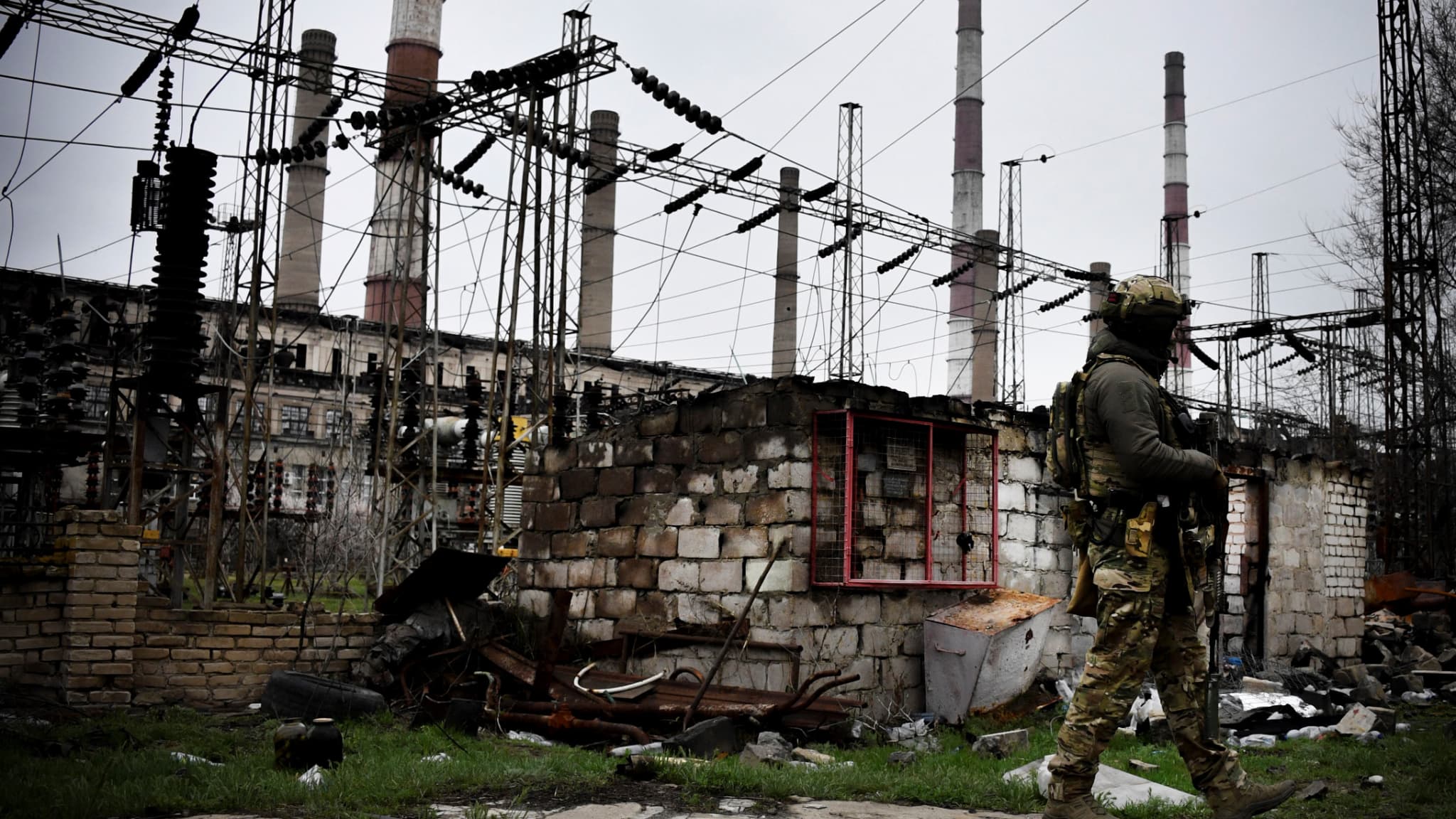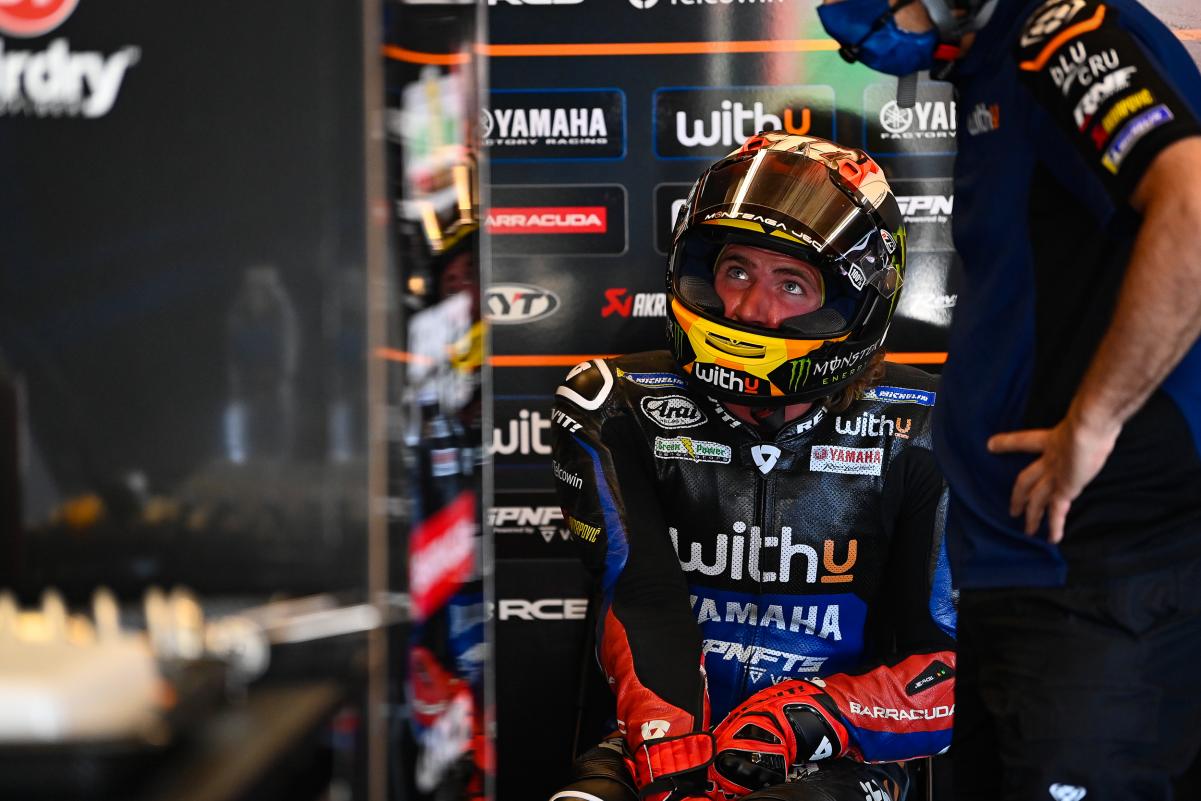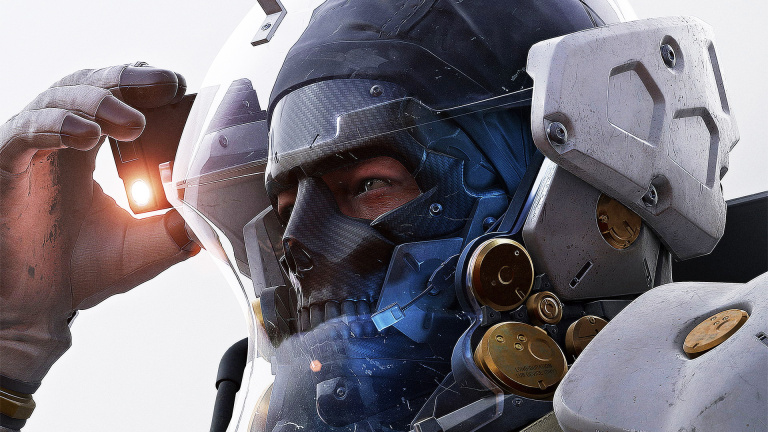
On February 24, at dawn, Russian troops invaded Ukrainian territory. 50 days later they are still there and the fighting centers around Mariupol. The situation seems as inextricable militarily as it is diplomatic.
It was February 24. After weeks of tension – and eight years of clashes between Kiev and separatist republics in the east of the country – Vladimir Putin launched his troops to attack Ukraine. This Thursday marks the fiftieth day of Russian aggression.
The flash campaign devised by the Kremlin has since died down and at the end of these six weeks of fighting the front appears to have stabilized. Or stuck. Because while the main fighting is now taking place in southeastern Ukraine, around the port of Mariupol, in anticipation of a likely major Russian offensive in neighboring Donbass, the situation is also blocked at a geopolitical and diplomatic level. BFMTV.com takes stock of the conflict this Thursday.
• A humanitarian ceasefire that “seems impossible”
In 50 days of war, many have tried to get the two belligerent nations out of the rut. International negotiations are indeed continuous. World leaders continue to urge Moscow to open humanitarian corridors to evacuate civilians. But neither Emmanuel Macron and his calls to the Kremlin, nor the Austrian chancellor, Karl Nehammer, and his Monday visit to Vladimir Putin within its walls, have succeeded. And on Wednesday it was the turn of the United Nations to despair.
During a press conference, UN Secretary-General Antonio Guterres gave up his ambition to secure a “humanitarian ceasefire” at the front.
“That’s what we asked for, for humanitarian reasons, but it doesn’t seem possible,” he told reporters.
His deputy, Martin Griffiths, may have been sent to Moscow to collect guarantees on the delivery of aid to civilians in the conflict-affected regions, even with regard to possible evacuations, the head of the international organization admitted that these requests were not met. had been heard.
• Russia threatens Ukrainian command centers
Russia therefore continues to inflate its chest on the planetary stage. Still, the past 50 days have not fairly confirmed its domination of the military balance of power. And the war it unleashed has already changed its face several times, influenced by the circumstances, the Ukrainian resistance and its inability to win the decision. Gone is the blitzkrieg, place for positional and siege warfare; the offensive in the northeast was over, the Kremlin conceded that its soldiers had to retreat to the southeast.
However, if Moscow has given up its priority and initial goal, i.e. the city of Kiev, the regime threatens to return to it. Indeed, on Wednesday, the spokesman for the local defense ministry, referring to Ukrainian shootings and acts of sabotage on Russian soil, stormed:
“If such events continue, strikes will be carried out by the Russian army on decision-making centers, including in Kiev, which the Russian army has not done so far.”
The Kremlin may be sinking in its attempts at intimidation, but it has already lost quite a bit on the ground. According to Dutch Oryx website – which follows step by step the evolution of the conflict by listing the material damage suffered by the two enemies thanks to the examination of photos and videos -, the Russians have already left 2884 vehicles in the battle, of which 1538 were simply destroyed in the heat of battle. On the other hand, the Ukrainians suffered the loss of 774 vehicles, of which 353 were also destroyed.
• The Tragic Fate of Mariupol
However, it would be wrong to bury the Russian military’s capacity to inflict damage and underestimate the seriousness of the military situation in Ukraine. Thus, there is now a single question hanging over Mariupol – located on the coast of the Sea of Azov – that asserts itself as the symbol of this war: this city, the conquest of which would allow the Russians to unite their zone of influence in Southeast Ukraine, has it already fallen or is it about to fall?
Because the admission of the Ukrainian army alone – according to a press release published on Facebook on Monday by the 36th Brigade of the National Navy – there is nothing left to hope for in this virtually wiped off the map, 90% with the razed, besieged as it has been since the early days of the invasion. Indeed, the Ukrainian soldiers admitted that they were about to give in, due to lack of ammunition.
However, the collisions continue in the industrial zone of the agglomeration. The separatist forces, allied with the Russians, in turn claim full control of the port.
A claim that is difficult to verify, as is this statement that this time came from Moscow, according to which more than a thousand Ukrainian soldiers surrendered to the intruder. Kiev disputes the reality of this alleged surrender, but local authorities have confirmed another statistic, even more tragic, and lament the deaths of at least 20,000 people in Mariupol.
• Ukraine turned into a huge “crime scene”
Mariupol, Boucha, Borodyanka, Kramatorsk. As the war continues its relentless course, mass graves follow one another. The prosecutor of the International Criminal Court, Briton Karim Khan, even described Ukraine on Wednesday as a huge “crime scene”.
“Ukraine is a crime scene. We are here because we have good reason to believe that crimes under the jurisdiction of the Court are being committed,” he developed during his visit to Boutcha.
The International Criminal Court, based in The Hague in the Netherlands, has already launched an investigation. International experts – including Frenchmen sent by the Justice Ministry – are traveling to the field to shed light on Russian war crimes.
• The international community now divided
Therefore, if the conflict is unfolding before the eyes of the world, it is clear that international unity has existed and attitudes have begun to diverge according to the regions of the world. During a trip to Ukraine this weekend, British Prime Minister Boris Johnson pledged to supply armored vehicles to Ukraine, contrary to European Union members’ desire to limit themselves to sending defensive equipment only. And on Wednesday, US President Joe Biden followed suit, formulating new $800 million worth of aid to Ukraine, including heavy equipment.
The contradictions between the different actors are also of a semantic nature. So, North American leaders – Joe Biden first, the Canadian Justin Trudeau then – do not hesitate any longer to call a persistent “genocide” in Ukraine. An accusation considered “unacceptable” by the Russians. And much of the international community prefers to remain cautious on this point. Antonio Guterres evacuated during his press conference like this:
“Genocide is strictly defined in international law. And at the UN, we rely on the legal determination of the appropriate judicial authorities.”
Emmanuel Macron also refused to use this sulphurous term. Wednesday, on the set of 4 truths of France 2, he explained his point of view: “It is madness what is happening, it is incredibly brutal (…) but at the same time I look at the facts and I want to try as much as possible to be able to continue to stop this war and to bring peace rebuild, so I’m not sure if the escalation of words serves the purpose”. His German partner, Chancellor Olaf Scholz, also shares his view.
A warning that goes bad in Ukraine. In the wake of the French president’s statement, his counterpart in Kiev, Volodymyr Zelensky, denounced the “very hurtful” comments.
At the end of this fifty-day war, the resolution of the conflict is therefore still out of reach and the fault lines seem more and more gaping.



